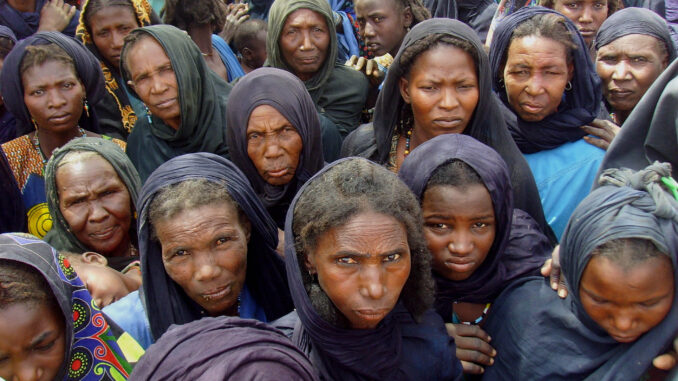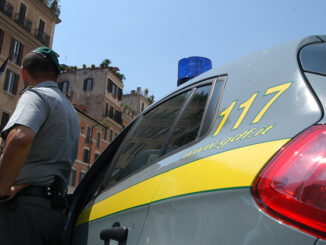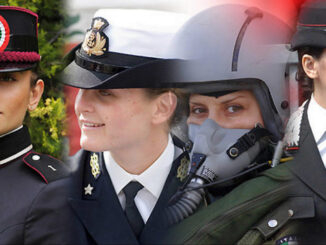
I tantissimi bambini piccoli e donne incinte salvate in extremis stamane dalla nave Mare Ionio, mentre il gommone su cui erano stipati si stava sgonfiando, sono la conferma che le attività di ricerca e soccorso sono indispensabili per evitare questa tragedia inaccettabile che continua ad avvenire davanti ai nostri occhi.
Bisogna intervenire tempestivamente per evitare altre morti assurde, prima di ogni altra considerazione su ciò che ha spinto queste mamme con i loro bambini a rischiare la vita per raggiungere un posto sicuro o sulle differenti posizioni che si possono avere sul fenomeno migratorio.
L’Italia, l’Europa non possono non proteggere la vita di questi bambini e queste mamme: è necessario riattivare subito un sistema di ricerca e soccorso nel Mediterraneo insieme ad una modalità condivisa di gestione dei flussi migratori, che includa vie di accesso sicure dalle aree di crisi o di transito per contrastare realmente il sistema dei trafficanti afferma Raffaela Milano, Direttrice dei Programmi Italia-Europa di Save the Children, l’Organizzazione internazionale che da 100 anni lotta per salvare i bambini a rischio e garantire loro un futuro.
“Nessun genitore metterebbe in mare un bambino di quell’età se la terra fosse più sicura per sé ed i propri figli. Le mamme e i bambini a bordo della nave Mare Ionio di Mediterranea devono poter sbarcare al più presto in un porto sicuro dove ricevere assistenza e, insieme alle persone soccorse dalla nave Eleonore della Lifeline che si trovano nella stessa situazione, sono la conferma che non si tratta di un’emergenza imprevedibile ma di una realtà che deve essere affrontata con una soluzione strutturale condivisa”, conclude Raffaela Milano.



